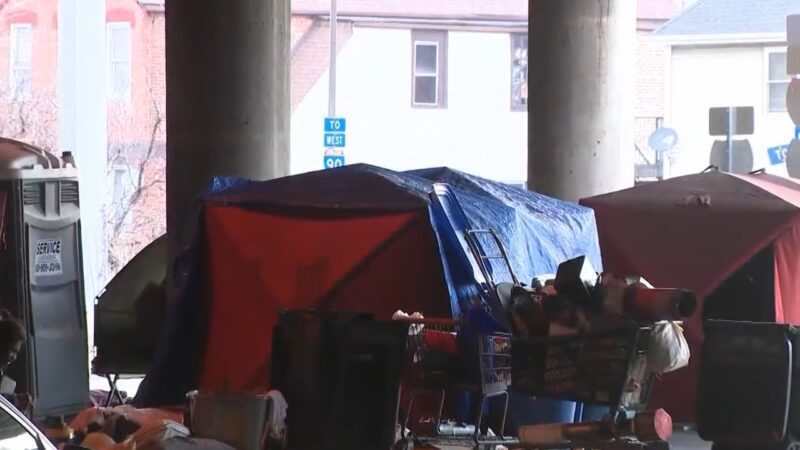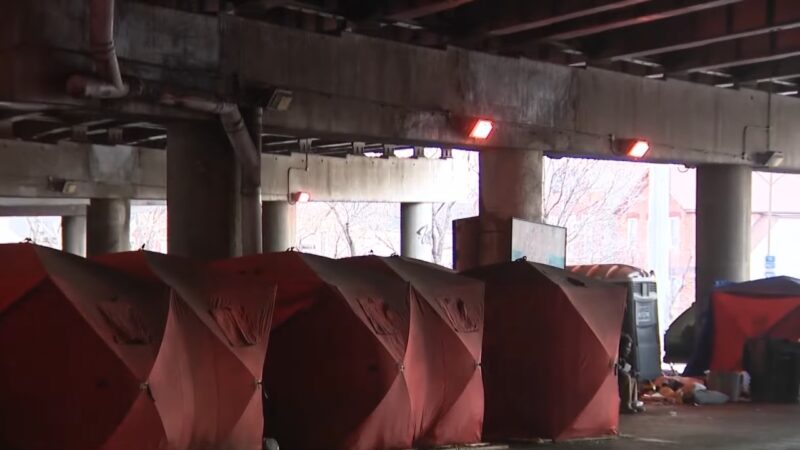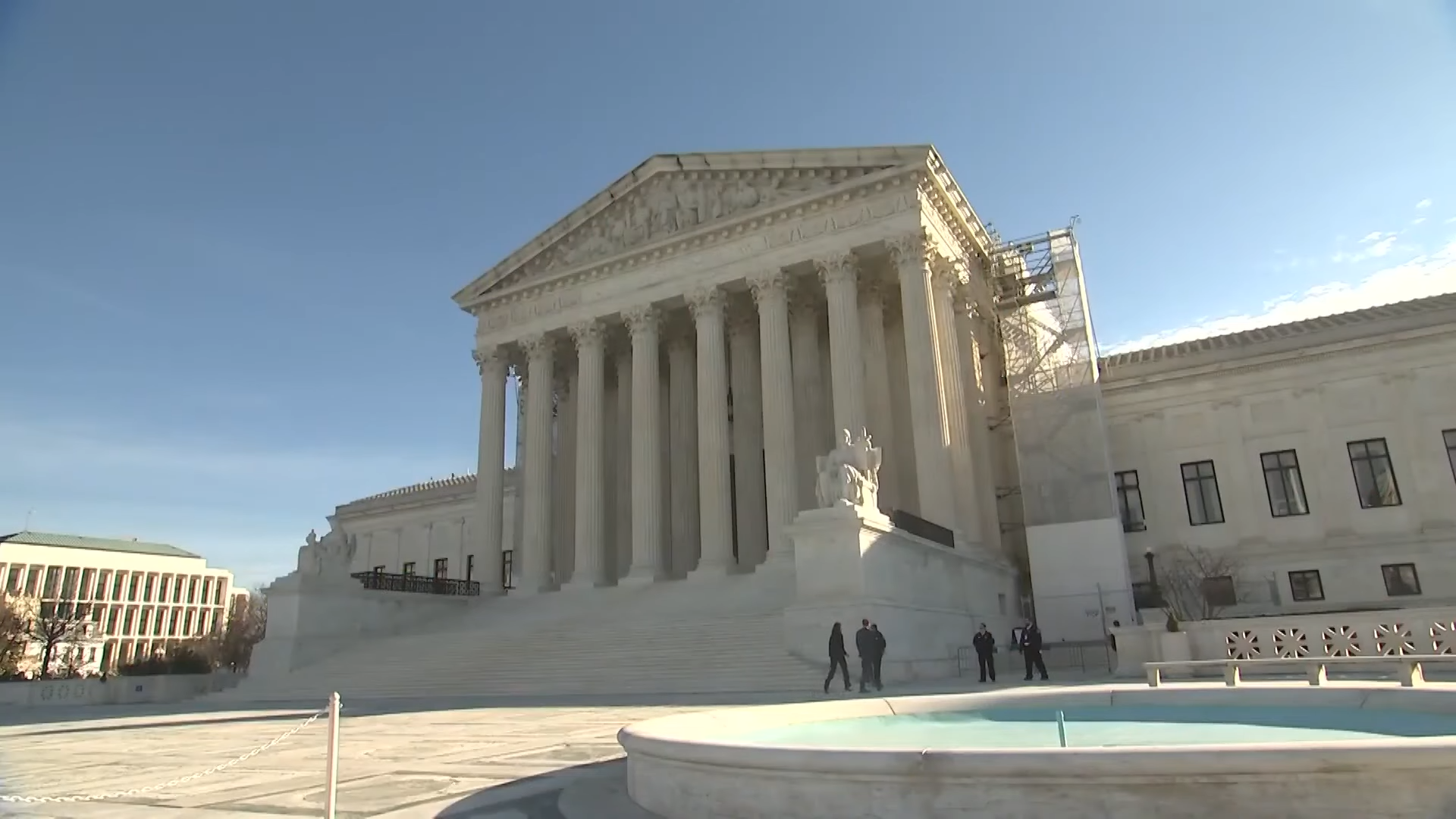The U.S. Supreme Court ruled on the City of Grants Pass v. Johnson case on Friday, allowing cities to penalize people for sleeping in public places — including vehicles — even when shelter beds are not available. These penalties can include fines or jail time.
In a 6-3 decision along ideological lines, the Court’s conservative majority upheld a ban on outdoor camping in Grants Pass, Oregon, a city dealing with homelessness and having only one homeless shelter. The decision overturned a prior U.S. Court of Appeals for the Ninth Circuit ruling that deemed banning outdoor sleeping without available shelter beds as cruel and unusual punishment under the Eighth Amendment.
Justice Neil Gorsuch delivered the Court’s majority opinion, Justice Clarence Thomas wrote a concurring opinion, and Justice Sonia Sotomayor, joined by Justices Elena Kagan and Ketanji Brown Jackson, dissented.
According to a 2023 report by the U.S. Department of Housing and Urban Development, 653,104 people experienced homelessness on a single night in the U.S. In Franklin County, a Point-in-Time report from April 2024 showed 2,380 people experiencing homelessness, with a 3% increase in those living outside or in unsuitable places compared to 2023.

Grants Pass, a small Oregon town with about 38,000 residents, has 600 homeless individuals on any given night. The town’s ordinances prohibit camping on public property and overnight sleeping in city parks. The city imposes small fines for first-time offenders, temporary bans from public parks for repeat offenders, and up to 30 days in jail for violating the temporary ban.
Homeless individuals challenged these ordinances, and lower courts ruled that they violated the Eighth Amendment.
Joshua Dressler, a distinguished university professor and professor of law emeritus at the Moritz College of Law, said it was time for a case like Grants Pass to reach the Supreme Court due to the widespread issue of homelessness and existing case law from the 1960s.
In Robinson v. California, the Court ruled that addiction cannot be criminalized under the Eighth Amendment. In Powell v. Texas, the Court determined that public intoxication laws punish the act of being drunk in public, not addiction, which is not cruel or unusual punishment. Justice Byron White’s concurring opinion in Powell suggested that homeless individuals might be protected under the Eighth Amendment if punished for acts they cannot avoid due to their status.
Dressler explained that the Supreme Court saw the need to clarify lower court interpretations that sided with homeless plaintiffs using the Eighth Amendment and Justice White’s opinion. The majority opinion in Grants Pass explicitly stated that White’s opinion should be ignored, viewing outdoor sleeping as a punishable act, not a protected status.
Experts like Katie Calhoun, an assistant professor in the College of Social Work, expressed concern that the ruling would worsen the lives of homeless people without addressing the root causes of poverty and lack of housing. She noted that fining people in poverty is ineffective and that the lack of shelters poses a significant problem under the new ruling.

California Governor Gavin Newsom welcomed the ruling for better managing homeless encampments, but Calhoun argued that forcibly removing people is unhelpful and complicates service provision. The long-term solution, she said, is making housing more affordable.
Ben Sears from the Columbus Coalition for the Homeless warned that fines or jail time could hinder homeless individuals’ paths to income and housing, complicating their lives and potentially pushing more homeless people into Columbus, straining resources.
Columbus City Council member Melissa Green stated that Columbus does not intend to ban outdoor sleeping. Instead, the city focuses on initiatives to address rising living costs and housing shortages, including a new zoning plan to increase housing density and additional funding for the Community Shelter Board.
In 2023, the council introduced a 12-policy legislative package to tackle affordable housing issues, including measures like a 180-day notice for rent increases and legal representation for tenants in eviction court. Green emphasized the city’s commitment to supporting vulnerable neighbors through holistic, person-centered policies and programs.

